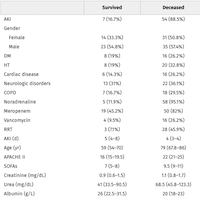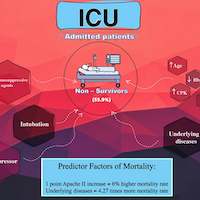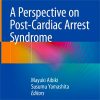Potential Therapy for Improving Sudden Cardiac Arrest Resuscitation Outcomes
journals.lww.com
The severity of cardiogenic shock following asystolic cardiac arrest is dependent on the length of cardiac arrest prior to cardiopulmonary resuscitation and is mediated by myocardial stunning resulting from mitochondrial electron transport chain complex I dysfunction.
A novel pharmacologic agent targeting this mechanism, suppressor of site IQ electron leak, represents a potential, practical therapy for improving sudden cardiac arrest resuscitation outcomes.
Using a murine model of asystolic cardiac arrest, we discovered that duration of cardiac arrest prior to cardiopulmonary resuscitation determined postresuscitation success rates, degree of neurologic injury, and severity of myocardial dysfunction.
Post-cardiopulmonary resuscitation cardiac dysfunction was not associated with myocardial necrosis, apoptosis, inflammation, or mitochondrial permeability transition pore opening.
















